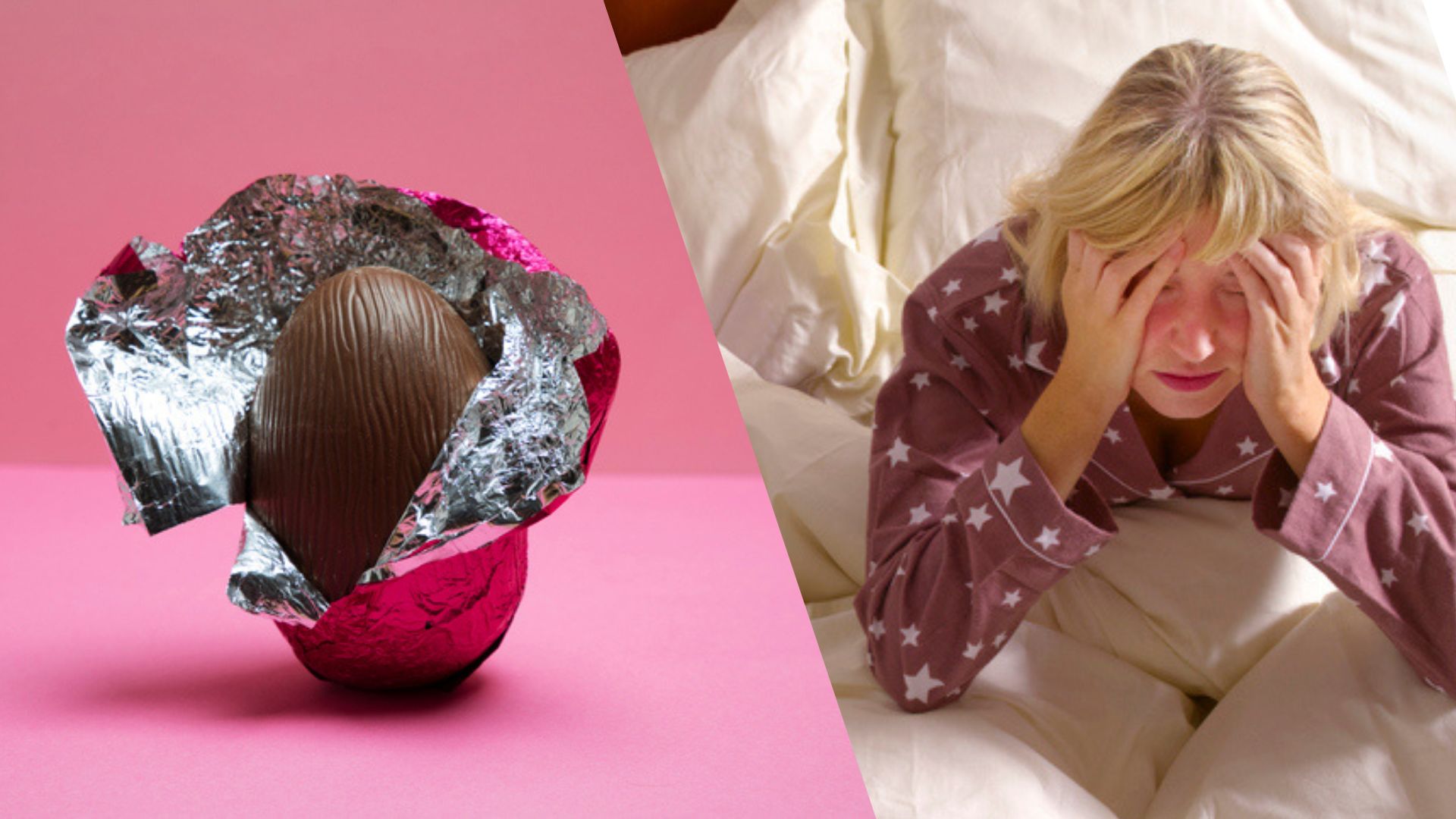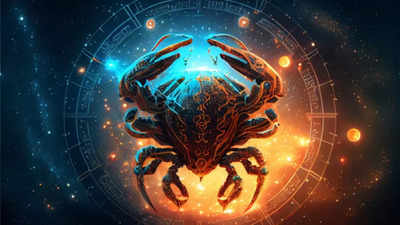When considering how chocolate can affect sleep quality, you're likely to think about its high sugar content. But experts warn that the hidden caffeine in chocolate that can also cause sleep disruptions.From testing the best mattresses on the market this year to prioritising our sleep schedules, we're all for finding ways to optimise our sleep.
But one thing we're not so keen on giving up is chocolate.So, we asked nutritionist and author of Food for Fitness, Scott Baptie, and head of sleep science at Mattress Online, Hannah Shore, how exactly chocolate impacts our sleep and how we can enjoy our Easter eggs without sacrificing quality rest.Easter eggs can contain more caffeine than coffee100 grams of dark chocolate, particularly that with 70% to 85% cacao solids, typically contains around 80mg of caffeine.

To put that into perspective, a single shot of espresso contains around 63mg of caffeine.Many of the dark chocolate eggs that you buy from supermarkets will contain around 45% to 60% cacao, which contains just under 47mg of caffeine per 100 grams.Baptie explains that while this caffeine content is "not groundbreaking, it is enough to trigger mental activity when you should be sleeping if you’re caffeine sensitive.
"The good news for Brits is that the nation's favourite Easter eggs — Cadbury's, according to UK manufacturer GWP Group — have lower caffeine content than dark chocolate. For those stateside, Hershey's Easter eggs contain approximately 9mg of caffeine per serving, which is considerably less than a cup of coffee.How does chocolate affect sleep?Most of us are aware that caffeine can wreak havoc on your sleep.
There's a reason experts have long told us to cut off coffee at 2pm. But what often goes unnoticed is chocolate's high caffeine content and the fact that eating chocolate close to bedtime can ruin sleep.Research suggests caffeine-containing chocolate can have negative implications on sleep quality and duration.
A 2023 study found caffeine consumption reduced total sleep time by 45 minutes and sleep efficiency by 7%, with an increase in sleep onset latency of 9 minutes and wake after sleep onset of 12 minutes.(Image credit: Getty Images)Shore says: “Caffeine blocks sleep-promoting receptors in your brain, which can make it more difficult to get a good night’s rest if you’ve consumed too much in the hours when you should be winding down.”Baptie adds: "Chocolate functions more as a stimulant than a sleep aid.
Chocolate includes caffeine and theobromine which are natural stimulants that cause your brain to become active while it should be relaxing [...
] postponing melatonin production."In short, consuming too much caffeine without leaving time for its makes it harder to fall asleep and stay asleep during the night, reducing overall sleep quality.Which chocolate type is worst for sleep?Although it is often thought to be the healthiest chocolate choice, dark chocolate contains the most caffeine per serving, due to its higher natural cocoa content.
That's why although it contains less sugar and additives than milk and white chocolate, dark chocolate is the biggest disruptor of sleep.(Image credit: Getty Images)In contrast to dark, Baptie explains that "milk chocolate contains significantly less caffeine" and "white chocolate contains almost no caffeine."If dark chocolate is your treat of choice, Shore advises you limit how much dark chocolate you’re eating up to a few hours before bedtime and opt for smaller portions earlier in the day.
"If you fancy a treat later on the day then milk or white chocolate contains less caffeine so will reduce your risk of distributed sleep," she explains.How to enjoy chocolate and sleep wellWe aren’t suggesting you cut out Easter eggs entirely, but these tips could help you minimize the impact on your sleep, especially if you typically struggle to snooze.Time your treatsWhile a chocolatey bedtime snack can go down a treat, experts say you should be cautious of consuming chocolate too close to bedtime if you're worried about the impact it will have on your ability to nod off.
Eating chocolate earlier in the day as a mid-day snack or afternoon pick-me-up rather than at bedtime means there is time for the caffeine to wear off as it is metabolised by the liver before you hit the hay.Stay hydratedThe combination of sugar and caffeine in chocolate can dehydrate you, which can cause sleep problems. Shore explains this combination "is not conducive to restful sleep as it can lead to headaches, dry mouth and muscle cramps which can make it harder to fall asleep.
”This means drinking H20 alongside your Easter treats is important. “Chocolate is a natural part of Easter celebrations and a great way to try to limit the negative effects on your sleep is to stay hydrated throughout the day," says Shore.Relax before bedtime (Image credit: Getty Images)Stressing about how much, or which, chocolate you’ve consumed will not help sleep.
Instead, enjoy the Easter weekend and prioritize winding down at bedtime with a relaxing nighttime routine to get the best quality rest.Shore agrees with this advice: “It’s important to remember not to stress too much about it. Just one disrupted night during the Easter holidays won’t have any longterm effects on the family.
Children might be a bit grumpy or tired the next day, but getting back into a regular routine will sort things out quickly.".
Technology

This hidden Easter egg ingredient could be the reason you're having trouble sleeping this weekend

Some Easter eggs contain more caffeine than coffee — this is the type to avoid if you're already having problems sleeping at night.















